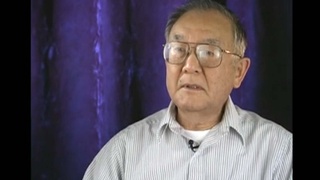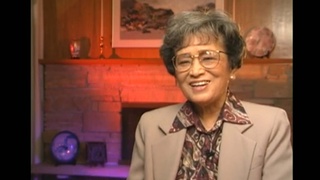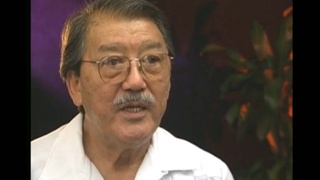Interviews
Understanding the passion behind the people giving testimonies
Although you may ask people to cut it [testimony] to five minutes, everybody who got up ran far over five minutes. Anybody that tells me that Japanese Americans are quiet Americans is wrong. They go on and on. So I’m sitting there and this fellow gets up, and I asked everybody to please keep their testimony down to five minutes, and [James] Matsuoka was apparently the next man up at bat. He didn’t like that one bit. He blew up. He said, “I’ve been waiting forty years to give this testimony, and now you want to cut me down to five minutes!”
He was challenging that. “How dare you?” He was berating me as the chair, and I’m sitting there thinking, “Wait a minute fellow, I was in camp too. I was one of the victims. So don’t land on me all over with your feet.” But then I realized and said; “My god, wait a minute. He’s talking to me because I’m a representative of the government. The fact that I happen to be a Nikkei and presiding that particular session, or indeed the fact that I may have been in camp, is irrelevant. You are the government. And I thought, well, he’s right. He’s right.” The way I resolved it with him, I said, “You know, rather than our spending time, which is a waste of time arguing back and forth, why don’t you proceed (chuckles) with your testimony.” And he did.
Date: August 27, 1998
Location: Pennsylvania, US
Interviewer: Darcie Iki, Mitchell Maki
Contributed by: Watase Media Arts Center, Japanese American National Museum







